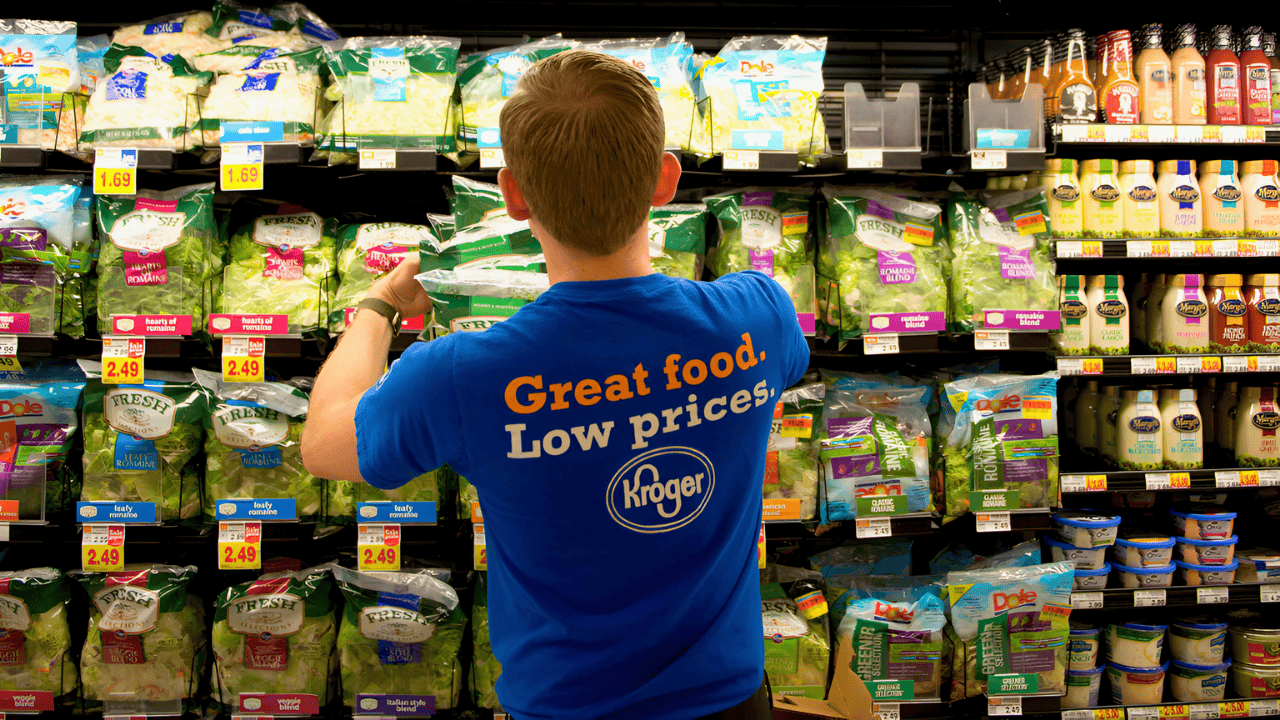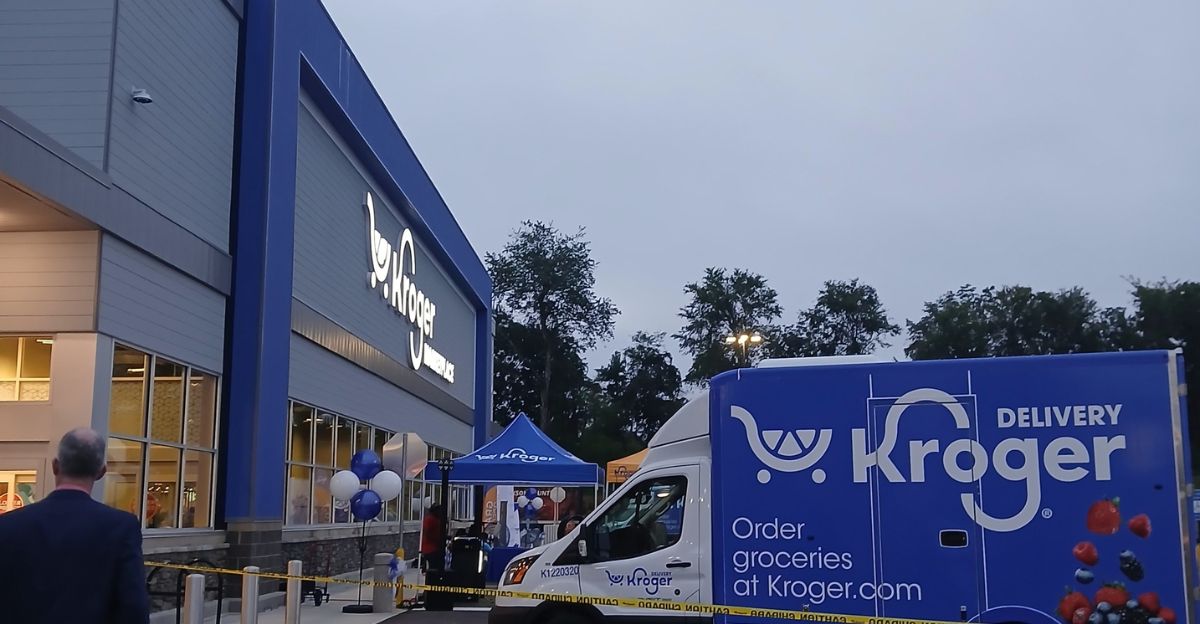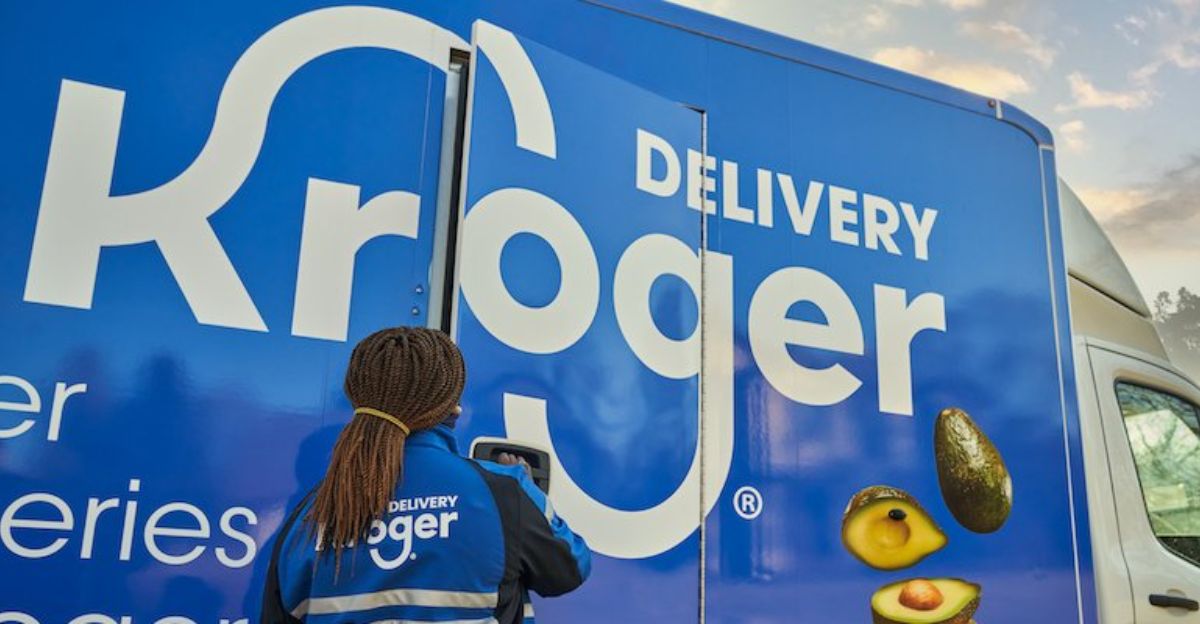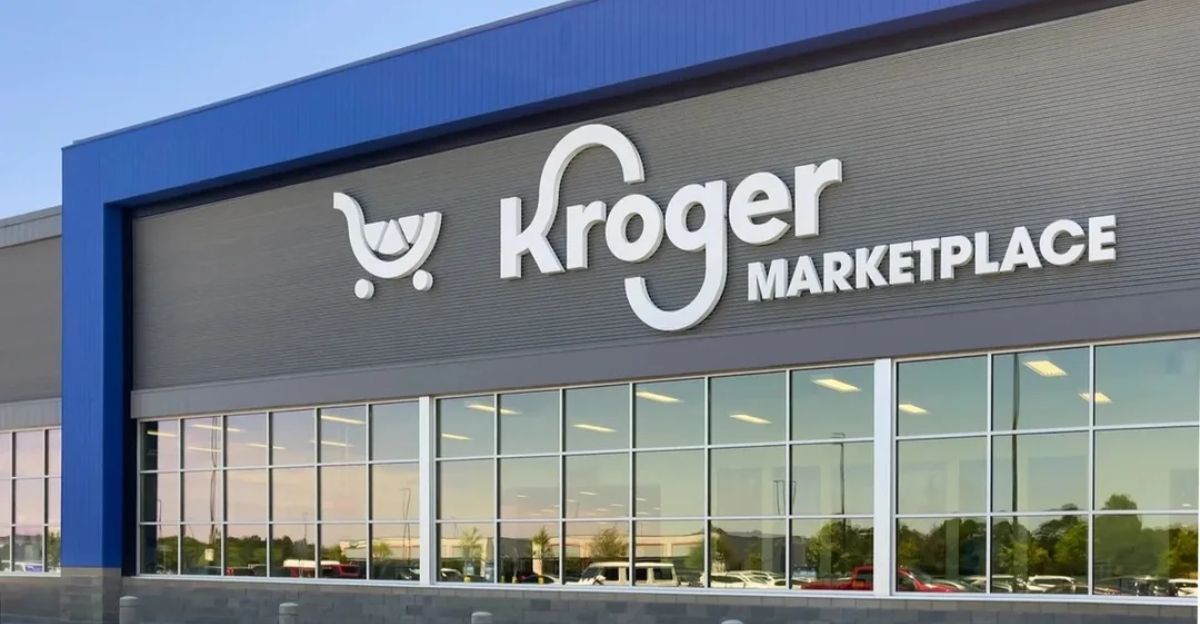
A quiet hum replaced the usual bustle at Kroger’s Groveland warehouse, where rows of towering metal racks and silent robots stood as evidence of a bold experiment now at an end. The shutdown of Florida’s largest grocery fulfillment hub marks a turning point not just for Kroger, but for the future of automated retail in the state.
The Rise and Fall of Kroger’s Automated Bet

Kroger opened the Groveland facility in 2021 as part of a major partnership with Ocado, aiming to revolutionize grocery delivery with robotics-driven efficiency. The investment was substantial, reflecting optimism about the surge in online shopping during the pandemic. But as demand normalized, the economics faltered. Kroger now expects $2.6 billion in impairment charges tied to the closure of its automated hubs, while projecting $400 million in eCommerce operating profit for 2026 by shifting away from centralized robotics.
Florida Shoppers Left Without a Key Option

With the Groveland hub and its satellite locations in Jacksonville, Tampa, and Rockledge closing, customers were told to place their final orders by January 31, with deliveries ending February 1. Kroger never operated physical stores in Florida, so the exit leaves no direct alternative for thousands of households. The sudden loss of a major delivery service has left many consumers scrambling to find new options.
Kroger’s Pivot: Partnerships Over Automation

Kroger is now abandoning its expensive automated fulfillment centers in favor of in-store fulfillment, supported by expanded partnerships with Instacart, DoorDash, and Uber Eats Marketplace. This new model reduces operating costs, speeds up delivery, and avoids the overhead of running robotics complexes. While Ocado technology will still be used in select markets, the Florida closures signal a decisive move toward flexible, store-based eCommerce.
Competitors Step Into the Void
Publix, Walmart, Amazon Fresh, and Target are positioned to absorb displaced Kroger customers. Publix, with its unmatched store density in Florida, stands to gain the most. Walmart’s hybrid pickup-and-delivery model continues to expand, and Amazon Fresh is also ready to capture new business. The exit of Kroger creates a rare opportunity for these retailers to convert tens of thousands of former customers and strengthen their hold on Florida’s online grocery market.
The Human and Economic Impact
The closure affects 1,400 workers across Florida, including 935 in Groveland and roughly 500 more in other locations. Many are long-time residents who built careers at the facility, only to see it close just four years after opening. Local officials express disappointment, noting that economic incentives were intended to support a long-term employer, not a short-term experiment. The loss of 1,400 paychecks will ripple through the local economy, affecting restaurants, shops, and service businesses. Vendors and service providers—from maintenance contractors to logistics partners—will also lose a major client, raising concerns about the pace of recovery.
The Bigger Picture: Automation’s Limits and the Road Ahead

Kroger’s retreat from centralized automation reflects a broader trend: highly automated fulfillment centers can struggle when consumer patterns shift. The pandemic-era surge encouraged aggressive investment, but the demand curve flattened quickly. Global retailers may now rethink whether hyperspecialized robotics hubs can compete with flexible, store-centered systems—especially in markets dominated by entrenched competitors like Publix.
As Florida’s grocery landscape continues to shift, consumers are adjusting their habits, retailers are experimenting with new models, and investors are watching closely. The closure of Kroger’s automated hubs underscores a key lesson: technology alone cannot guarantee success. Consumer behavior, competition, and local economic realities ultimately shape the future of retail.